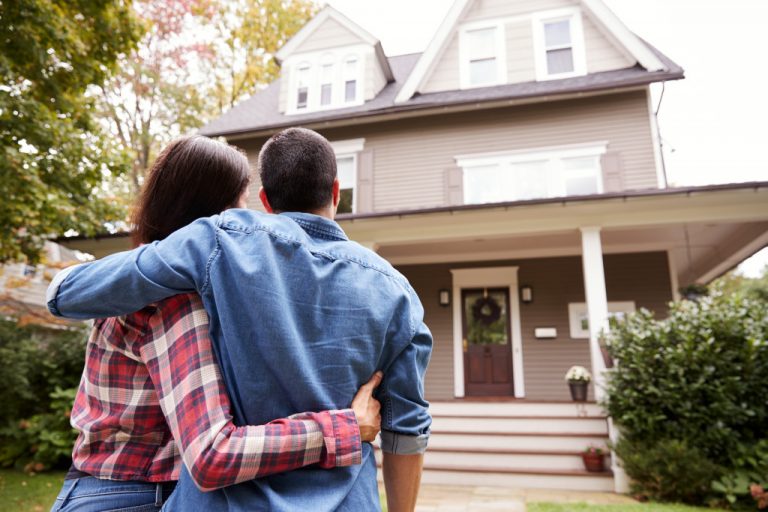Nature has a significant impact on our lives. There’s no doubt in anyone’s mind that nature is one of the most destructive forces out there. While several areas in the United States have mild weather conditions, many places are prone to harsh weather conditions and natural disasters. Both the west and the east coast are prone to disasters.
However, each area in the country faces different types of disasters. This means that many homeowners living on the East Coast have to prepare for hurricanes and blizzards. In contrast, many homes on the West coast need to invest in proper building materials that can resist seismic activity and stop fires before it spirals out of control.
So what are some key ways of ensuring that your family is safe during natural disasters? What are some important ways of keeping your home in a pristine condition despite harsh weather conditions? Here’s what you need to know.
Protecting Your Structures from Damage
One of the most critical parts of disaster preparedness is making necessary renovations and preparations to preserve your home’s structure. Although most homes are naturally resistant to harsh weather and natural disasters, there are also specific structures to your home that can get damaged.
You can protect your home by taking a proactive approach to renovating your structures. Suppose you’re not quite sure what aspects of your home you need to focus on. In that case, you can always look into some weather conditions and natural disasters that are most prevalent in your area.
For instance, if you’re living in a low-lying area that’s more prone to flooding, you might want to consider getting waterproofing areas of your home that are constantly exposed to heavy rain and hurricanes. Water damage is one of the more expensive structural damages.
So which parts of your home should you waterproof first? It’s best that you focus on areas more vulnerable to heavy rain and flooding, especially if these areas don’t have roofs. Fortunately, some businesses are well-aware of the need for waterproofing decks, balconies, and other areas of your home that are more vulnerable to water damage. Still, you need to get help from professional deck coating specialists who are well-versed in waterproofing your home.
Fire-retardants Are Important

Another aspect that you need to keep in mind is that natural disasters can come in many forms. Wildfires are one of the most destructive natural phenomena that wreak havoc to an entire area if individuals are not prepared. You might think that your is fire-proof and won’t become fuel for flames. However, keep in mind that many wildfires use dried-up plants and trees around your area as a means of fanning the flames and spreading fire.
Authorities from fire-fighting departments would suggest strategically placing fire extinguishers, hydrants, and less-flammable trees in the area. These are great ways of mitigating the chances of fires from forming and keeping your home in a pristine condition.
Having a Plan in Place
Last but not least, one of the essential parts of preparing for disasters is having a plan in place. This is especially important when natural disasters are unpredictable. Many homeowners overlook planning for natural disasters since they think that making essential preparations for different aspects of their home can already keep them safe. In reality, this can do more harm than good since this can only breed complacency.
Even if you’re living in an area that’s not prone to natural disasters, you should have a natural disaster plan for your family. This means that you should create a physical document that outlines all the necessary steps needed in emergencies and disasters. This should include exit points and routes that should be taken in case of emergencies.
Some plans must enumerate information about insurance policies and government-mandated actions. This can help families effectively prepare for disasters. Still, you must prepare a hard copy in case there is a power loss in your area.
You can apply various ideas to prepare for natural disasters. Nature can be unpredictable, and no one can control what can happen. But everyone can make critical preparations that can help maximize their family’s safety and keep their home in good condition.
Outlining plans, making key home renovations, and doing much-needed research are just some ways to prepare for natural disasters. You can take other measures that can assure you and your family that you are safe during disasters. Remember, it’s better to spend a few hundred dollars now than having to spend thousands on major repairs.

